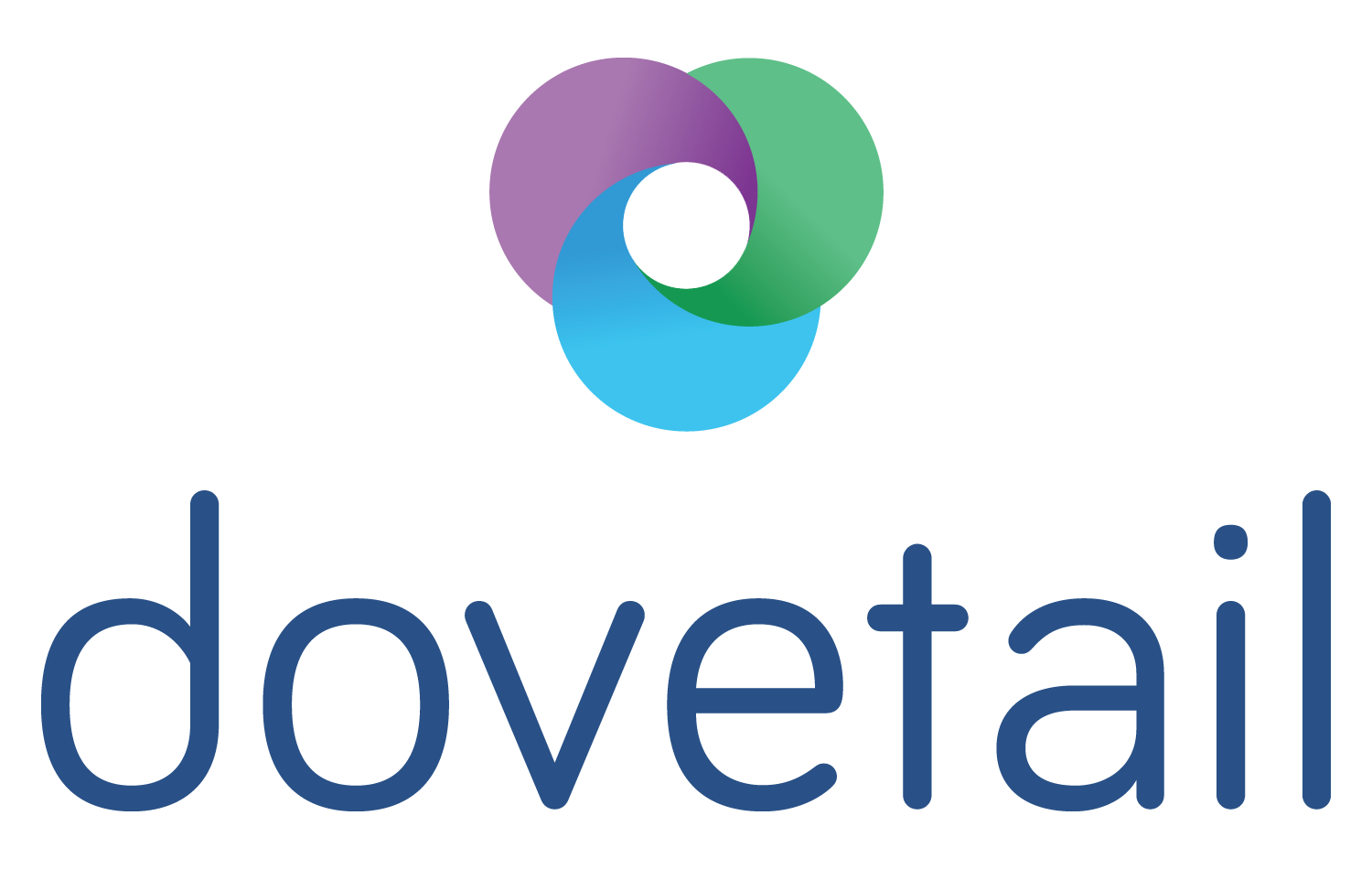Adaptation and accountability
It’s very pleasing to have a journal article, written with Sarah Appleton-Dyer, recently published in Evaluation Matters - He Take Tō Te Aromatawai, the journal of the Aotearoa New Zealand Evaluation Association.
The paper puts forward our reflections after some years of working with a range of community-based social change initiatives. These initiatives were funded to support changing attitudes and behaviours towards disabled people, and to reduce bullying in communities.
Their funding supported them to be flexible and adaptive in a developmental way, but also carried an expectation that they would report on the impacts and changes they had made in their communities.
Sarah and I had the privilege of working with community leadership to provide evaluation support and capability building, so they could reflect on their work and development, and meet their accountability requirements. And for the funders of these projects, we were able to explore and report on the overarching impacts that their investments were supporting.
To do this, we needed to bridge the real-time learning approach of developmental evaluation with the more structured and performance-focused discipline of results-based accountability that the funder required. This was not always a comfortable relationship, and was particularly constrained by the short-term funding arrangements. It did however enable us to develop evidence of change and impact, and to help project leadership reflect on their achievements and potential improvements for future delivery.
Looking back, we feel that our approach enabled project leadership to take a broad perspective of what constitutes validity, quality and value in their reporting, and provided a platform for learning, adaptation and development.
Our thanks to the many community organisations and their leadership who we worked with, the Ministry of Social Development as funders, the peer reviewers of the article drafts, and to Fiona Cram as editor of Evaluation Matters, for their respective roles in bringing our thoughts and experiences to fruition in this way.
You can access a full pdf of the article from Evaluation Matters here.
